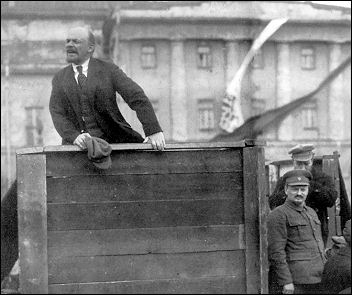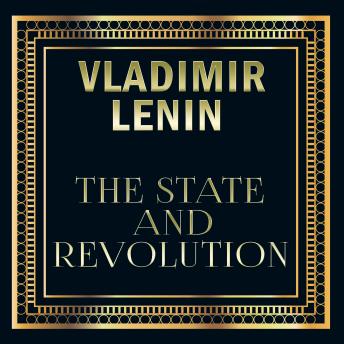


The question of its relation to the state is acquiring practical importance. The world proletarian revolution is clearly maturing. The unprecedented horrors and miseries of the protracted war are making the people's position unbearable and increasing their anger. The advanced countries-we mean their hinterland-are becoming military convict prisons for the workers. The monstrous oppression of the working people by the state, which is merging more and more with the all-powerful capitalist associations, is becoming increasingly monstrous. The imperialist war has immensely accelerated and intensified the process of transformation of monopoly capitalism into state-monopoly capitalism. The question of the state is now acquiring particular political importance in theory and in practical politics. In the preface to the first edition, Lenin writes:

Origin of the Family, Private Property and the State.The arguments contained in the short book became a practical guide to Russia's working class in the period before and after the seizure of political power in November 1917. Lenin wrote what became State and Revolution in the critical months immediately preceding the outbreak of the 1917 February Revolution in Russia. But it is important to test these approaches against the actual experience of the working-class movement historically. It goes without saying that revolutionary socialists, reformists and anarchists have different approaches to these questions.

Today, there is still much debate and controversy about how to approach the state, because these questions are intimately related to how society can be changed: Can the capitalist state be reformed through elections into something that meets the needs of the majority? Is the state as powerful as it once was or do corporations have more power? Can workers take over the capitalist state or do we need a different one? Is a workers' state a necessity to repel counter-revolution? EVERY STRUGGLE aiming for genuine and fundamental transformation of society must come to terms with the role of the state.


 0 kommentar(er)
0 kommentar(er)
